The beginning of a new year is a time-honoured opportunity to reflect not just on resolutions for the year ahead, but to look back on what has gone before, too.
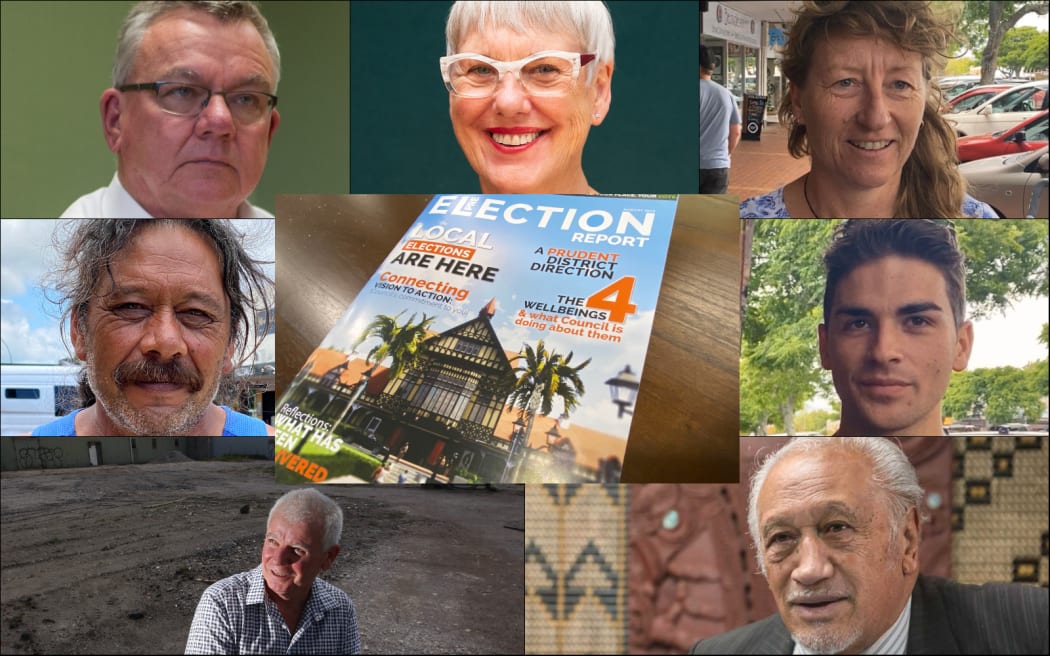
How has Rotorua weathered the past decade, and what do its people hope for in the next 10 years? Locals have their say. Photo: RNZ
Recently, a trend went around social media called the 10 Year Challenge. People would post a photo of themselves from 2009 next to another of them now. I haven't posted one - too cringey - but I wondered what Rotorua's 10 Year Challenge would look like.
How has Rotorua weathered the past decade, and what do its people hope for in the next 10 years?
Taking to locals on the street, I met Tim Mason, a 59-year-old builder.
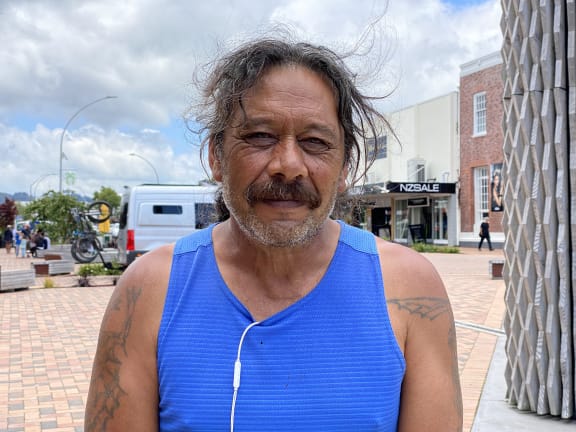
Builder Tim Mason says cycleways have come a long way, but housing is still an issue in Rotorua. Felix Desmarais / LDR Photo: Felix Desmarais / LDR
Mason is a born-and-bred Rotorua local. He thought there had been improvements on the cycle tracks, food options and activities, but housing was an issue. He said safety in the CBD was a problem and empty buildings needed to be filled.
Special education advisor and avid mountain biker Emma Fowkes lives in Auckland but lived in Rotorua for 10 years, and keeps coming back for the trails.
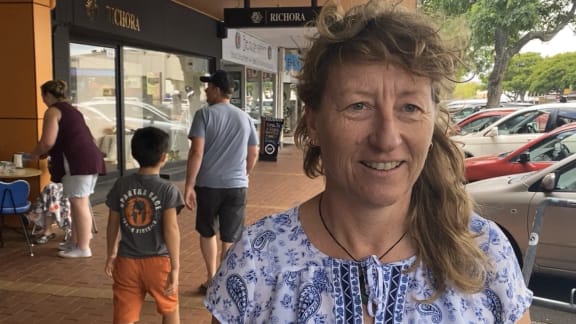
Former Rotorua resident Emma Fowkes hopes Rotorua is on track to become the country's first bi-lingual city. Photo: Felix Desmarais / LDR
She said the city needed to find a balance, where tourism helped the local economy but didn't negatively affect the lives of residents.
"I dread the day we go out to the trail and have to pay to use it."
Fowkes also hoped the city would be on-track to achieve the goal of being the first bilingual city in New Zealand.
Cullen Smith, a 19-year-old hospitality worker, had lived in Rotorua his whole life.
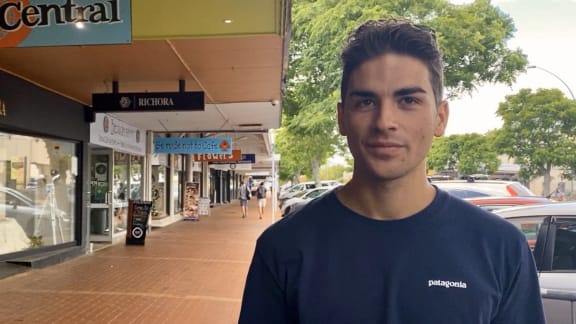
. Nineteen-year-old Cullen Smith says some of the city, like the lakefront, needs "sprucing up". Photo: Felix Desmarais / LDR
He was too young to remember significant changes in the past 10 years but he supported the redevelopment of the lakefront.
"Areas like that just need a big sprucing up.
"Even in town here, it needs a refresh."
A pre-election report published by the Rotorua Lakes Council, prepared independently of elected members, was distributed in August with such headlines as "Connecting vision to action: council's commitment to you", "A prudent district direction" and "Reflections: what has been delivered".
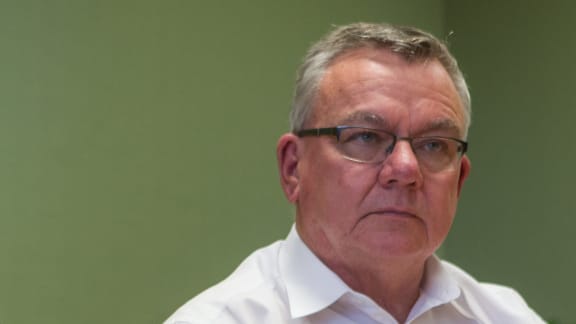
The pre-election report was delivered in August by chief executive Geoff Williams, as is required by law. Photo: Stephen Parker/Rotorua Daily Post
In it, chief executive Geoff William identified four key challenges for the next three years: Housing availability, inner-city revitalisation and safety, climate change and the four wellbeings (social, economic, environmental and cultural).
The booklet highlighted Te Manawa (the revamped CityFocus) among the council's delivered projects, alongside Te Aka Mauri, the library and children's health hub. It goes on to list the Rotorua Museum, the Aquatic Centre, the Sir Howard Morrison Performing Arts Centre (SHMPAC), the wastewater treatment plant upgrade, the lakefront redevelopment, Whakarewarewa forest and Kuirau Park on the to-do list.
Try and say all of that with one breath. It's do-able, but not easy, and it's unlikely to be a walk in the (redeveloped) park for the council, either.
Mayor Steve Chadwick said the past decade had seen a lot of change in Rotorua.
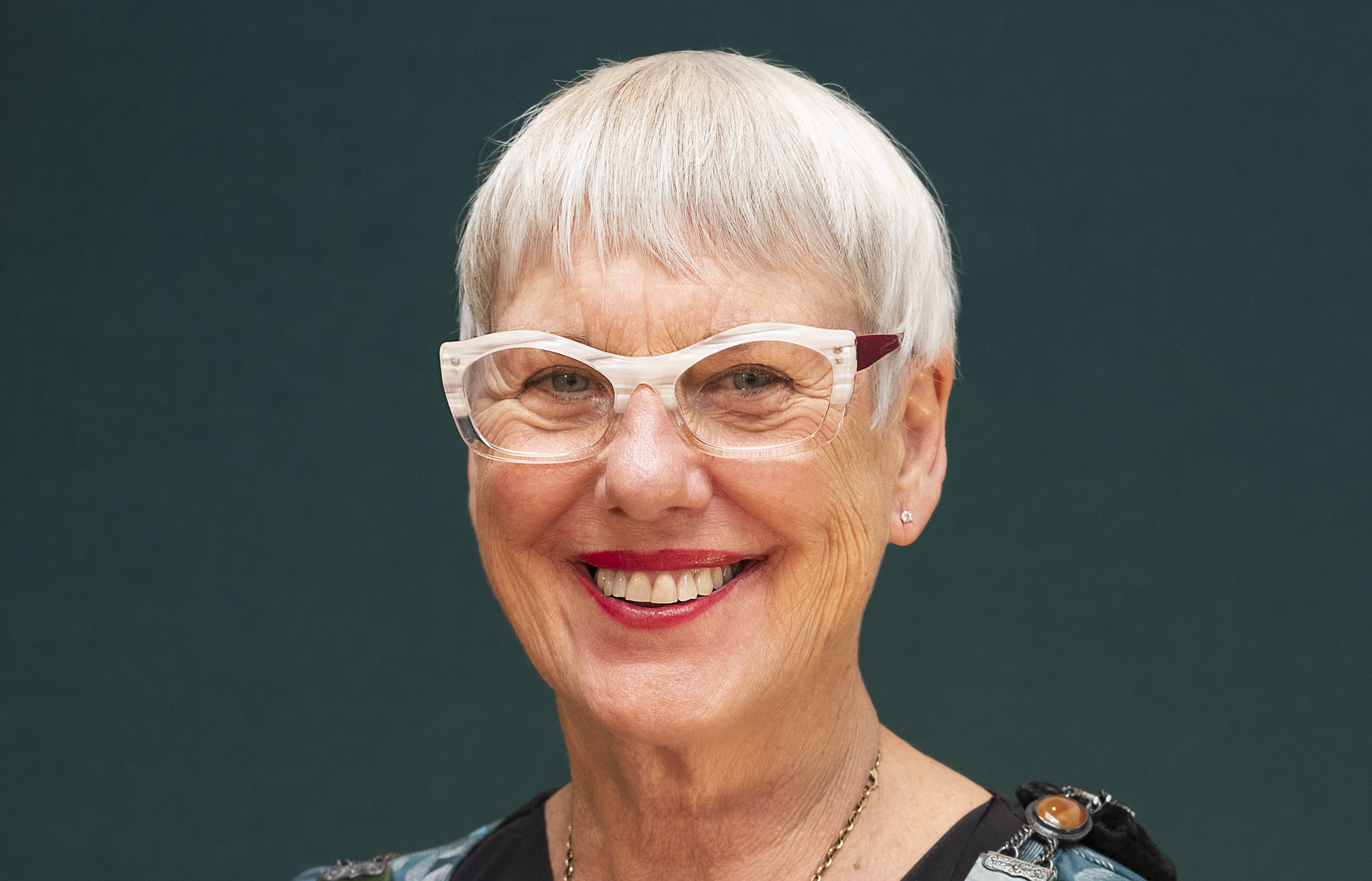
Mayor Steve Chadwick says Rotorua has gone from a "district in decline" to one of growth and renewed confidence. Photo: Supplied
"We went from a district in decline and predicted to decline further to one that is growing and has seen renewed confidence."
That has translated into commercial expansion and upgrades in sectors like tourism and forestry, along with new commercial and retail developments outside of the city centre.
"People and wellbeing will be at the heart of what council will deliver this term and beyond."
One of her top priorities for the year ahead? Housing.
"We need more housing of all types and want to ensure our communities are supported, safe, healthy and connected, with homes that match needs and access to relevant services and facilities."
She was also intent on delivering the core infrastructure goals of the 2018-28 Long-Term Plan, as well as projects such as the Lakefront, Kuirau Park, the museum and the Sir Howard Morrison Performing Arts Centre.
The 2020s would be a decade of "further transformation for the better".
"There will undoubtedly be tough times and challenges we need to face and address - getting more housing and other social issues among the most pressing - but we have very strong foundations of local leadership from which to build solutions for our community."
She believed iwi would play an increasingly important leadership role in the district.
"While our cultural identity has always been strong and remains so, I think we'll see further consolidation and deepening of that reflected in everything we do and how we live in Rotorua."
Business leader Ray Cook ONZM had a bold idea for Rotorua: Bowl a block in the CBD and make it green space.
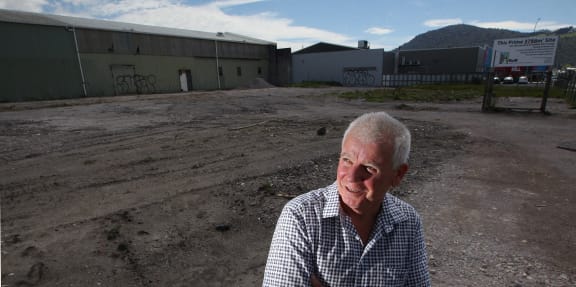
Ray Cook at the site of his commercial development on Lake Road. Photo: Ben Fraser/Rotorua Daily Post
It would help end the plague of empty shops and the shops that would need to relocate would be absorbed into the empty spaces already available.
"We need to shrink the size of the CBD."
Infrastructure, such as roads, water, stormwater and sewer lines needed upgrading. Other than that, he thought Rotorua just needed to keep doing what it's doing.
"It's buoyant in all areas. The city's changed considerably.
"The only thing holding it back is we're quite short of land, both residential and commercial.
"We don't need to recreate ourselves."
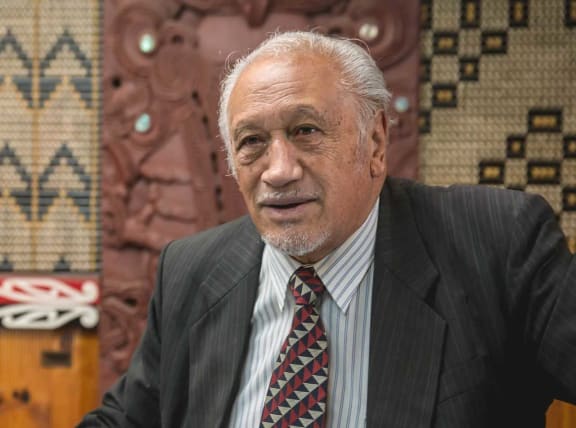
Te Arawa kaumātua Sir Toby Curtis believes since the city became officially bilingual, people have already begun making more of an effort to pronounce Māori words correctly. Photo: Supplied
Te Arawa kaumātua Sir Toby Curtis said the council's commitment to the city becoming bilingual was already starting to bear fruit.
"People already seem to be going out of their way to pronounce Māori words properly."
Māori also had increased say at a council level over the past decade.
"Things are changing, and I think for the better."
He hoped Māori would continue to increase their impact on tourism, governance, economics and health.
Strengthening the tourism industry was also an important aim for the future, he said.
"We really need to think about how we can contribute to make Rotorua the number one call-in centre for tourists from overseas.
"We need to do more to make sure overseas tourists know Rotorua is a must-see place."
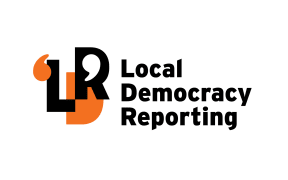
Local Democracy Reporting is a public interest news service supported by RNZ, the Newspaper Publishers' Association and NZ On Air.


